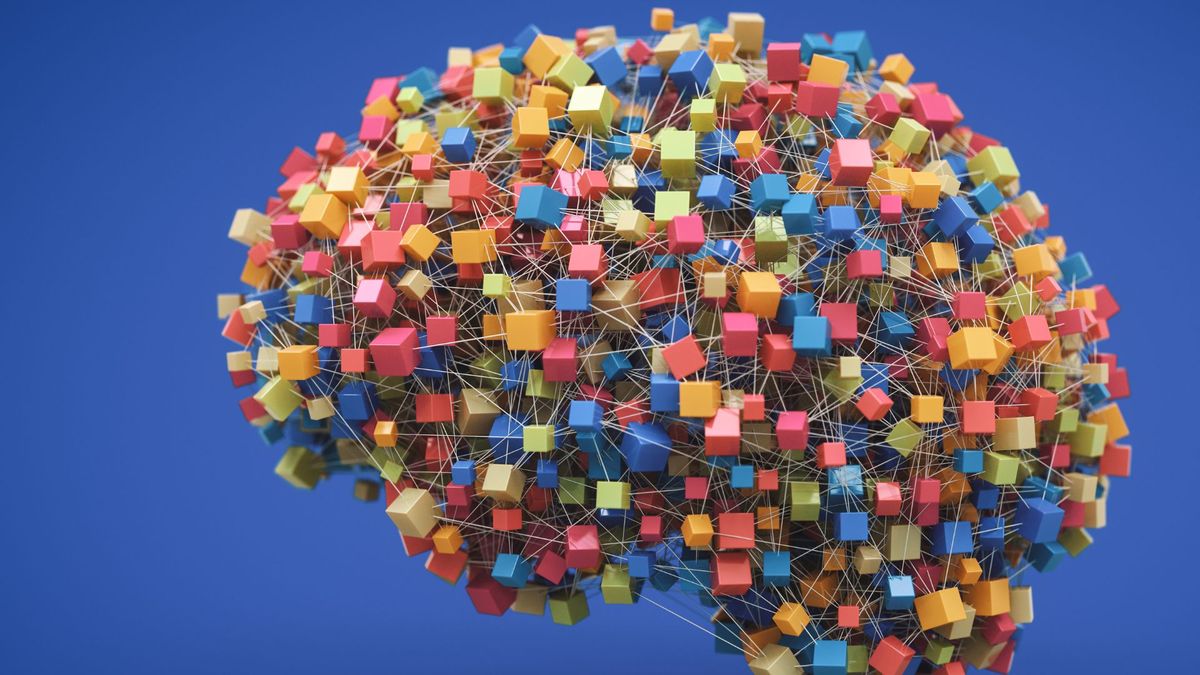Neural Networks Getting More Human-Like, Scientists Reveal!
In a groundbreaking study published in the prestigious journal Nature, scientists have made a stunning discovery: neural networks, a type of artificial intelligence (AI), can now “think” more like humans than ever before! This research challenges the long-held belief in the cognitive science community that neural networks couldn’t accurately represent the human mind.
Traditionally, neural networks have lacked a key feature of human thinking called “systematic compositionality.” They struggled to combine known concepts in new and creative ways. But now, with training, neural networks have gained the ability to mimic human-like thinking. Researchers found that a method called meta-learning for compositionality (MLC) allows neural networks to practice applying different rules to new words and phrases, and they performed just as well as humans in understanding and interpreting them.
To test the AI models’ performance, the scientists created a made-up language with words like “dax” and “wif,” which corresponded to colored dots or specific dot sequences. The participants had to figure out the “grammar rules” behind the dot sequences assigned to these words. Humans succeeded about 80% of the time, but even when they made mistakes, the AI models using MLC made the same types of errors.
The researchers were able to demonstrate that MLC outperformed two neural network-based models from OpenAI, the company behind ChatGPT. Moreover, MLC excelled in other tasks, including interpreting written instructions and understanding the meanings of sentences.
While this study is a significant leap forward in training neural networks to be more like the human mind, there are still limitations. The models couldn’t generalize to new types of sentences, only to the ones they were trained on. However, this is an essential step towards achieving full compositional generalization, a key aspect of true intelligence.
So, what do you think about this groundbreaking study? Do you believe neural networks can now rival human thinking? Let us know your thoughts and opinions in the comments below!
IntelliPrompt curated this article: Read the full story at the original source by clicking here a fun game: sprunki horror

